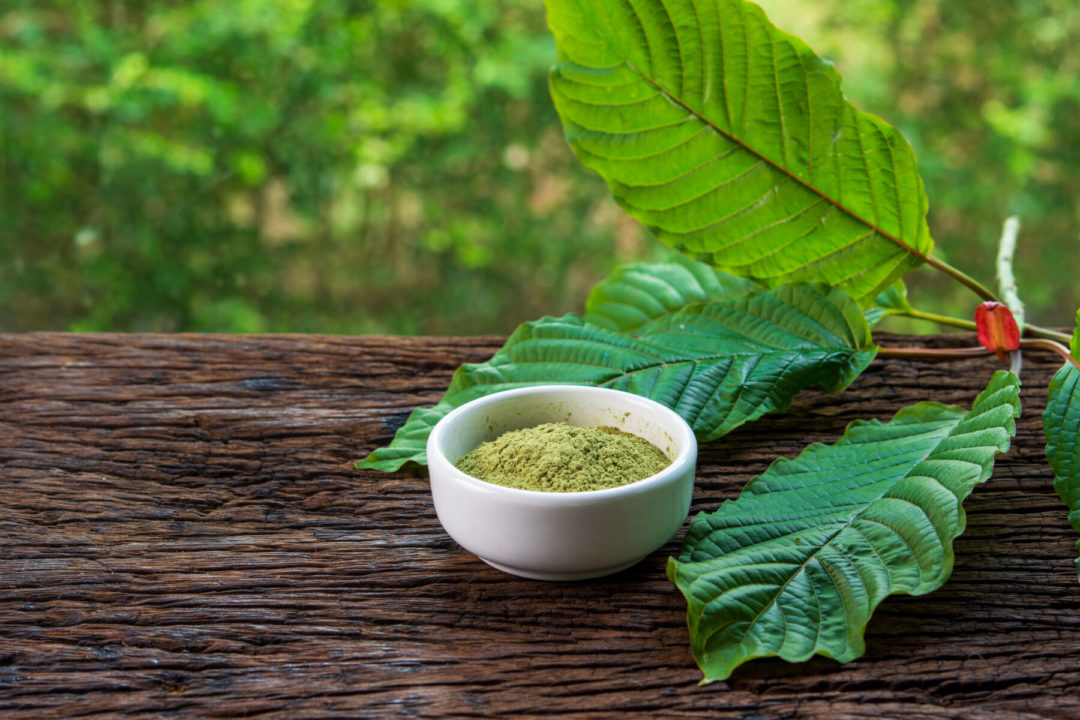The supplements in question were manufactured by Atofil, LLC, located in Fort Myers, Florida, which is a subsidiary of Premier Manufacturing Products. The supplements are marketed under the brand names Boosted Kratom, The Devil’s Kratom, Terra Kratom, Sembuh, Bio Botanical, and El Diablo.
“There is substantial concern regarding the safety of kratom, the risk it may pose to public health and its potential for abuse,” said Judy McMeekin, Pharm.D., the FDA’s Associate Commissioner for Regulatory Affairs. “The FDA will continue to exercise our full authority under the law to take action against these adulterated dietary supplements as part of our ongoing commitment to protect the health of the American people. Further, there are currently no FDA-approved uses for kratom.”
A press releasefrom FDA explains that “serious concerns” exist regarding the toxicity of kratom in multiple organ systems, noting that consumption of kratom may lead to respiratory depression, vomiting, nervousness, weight loss, and constipation, as well as other health impacts; kratom withdrawal symptoms may include hostility, aggression, excessive tearing, aching of muscles and bones, and jerky limb movements.
With regards to the present seizure, the U.S. Department of Justice filed a complaint in the U.S. District Court for the Middle District of Florida on behalf of FDA, alleging that kratom is a new dietary ingredient for which there is inadequate information to provide reasonable assurance that it does not present a significant or unreasonable risk of illness or injury; therefore, supplements containing kratom are adulterated under the Federal Food, Drug, and Cosmetic Act.
The benefits of kratom for chronic pain have been debated within the natural products industry. In arecent column, Jacob Teitelbaum, M.D., maintained that kratom has a lower risk than opiods. "With one third of Americans suffering with chronic pain, approximately 50,000 preventable U.S. deaths each year from arthritis medications (e.g. NSAIDs like ibuprofen), and 5,000 yearly deaths from prescribed narcotics used as directed, we clearly have a major problem in how we treat chronic pain," Dr. Teitelbaum wrote. "Having effectively treated thousands of people with fibromyalgia and other forms of severe chronic pain, and published a number of studies and textbook chapters on this, one simple fact has become very clear: Virtually all pain can be effectively treated, by using the entire healthcare toolkit. This includes both natural and prescription options, as well as socially controversial natural treatments such as marijuana, hemp oil, and kratom."
Regarding the safety, Ginevra Liptan, M.D.,told WholeFoods Magazine readers, "The biggest benefit of kratom is that while it has analgesic effects comparable to morphine, it causes less constipation, respiratory depression, and tolerance compared to opioids. However chronic use is not without risk and has been associated with drug dependency and development of opioid withdrawal symptoms."
Dr. Liptan added, "Currently the biggest safety issue around kratom is the lack of supplement consistency and quality control as it is not being produced by any large or reputable supplement companies. There have been concerning reports of products adulterated with medications, or contaminated by bacteria, as occurred in a multistate Salmonella outbreak. Kratom does have exciting therapeutic potential as a pain treatment, but for it to be really useful medically we need more information about safe dosing and interactions with other medications and access to high quality, standardized products."
Related: Debates: Kratom for Chronic Pain? Bill to Ensure Safe, Equal Access to CBD Introduced in U.S. Senate CRN Updates Retailers on FDA’s Position on NAC
The news of the product seizure ignited a back-and-forth on Twitter. Reacting to the news, former FDA Commission Scott Gottlieb, M.D.,tweeted:“We were prevented by HHS from moving forward with the scheduling of Kratom, and I’m convinced it’s fueling the opioid addiction crisis.” This accusation was met witha tweet from Brett Giroir,Former Assistant Secretary for Health, who accused FDA’s scheduling recommendation of being rejected due to “embarrassingly poor evidence & data, and a failure to consider overall public health,” inviting Dr. Gottlieb—and, presumably, FDA—to prove it, if kratom is fueling opioid addiction. Dr. Gottlieb respondedthat Dr. Giroir “unilaterally overruled a considered, multi year, scientific effort” from the National Institutes of Health, the Drug Enforcement Administration, and FDA, an act Dr. Gottlieb feels was “hasty and ill conceived.”Research on this topic has been inconclusive over the past couple years. A2019 study from researchers at Binghampton University in New Yorkconcluded that kratom “is not reasonably expected to be safe and poses a public health threat due to its availability as an herbal supplement.” The researchers conducted a retrospective review of kratom exposures reported to the National Poison Data System, and found that there were, indeed, cases of kratom exposure; at the time,WholeFoodsreaders reached out to report concerns with the study, and one respondent noted that the issues come with adulterated products.
A2020 study from Johns Hopkins Medicine,on the other hand, surveyed more than 2,700 self-reported kratom users, and found that while there is a need for research and regulation, the herb “likely has a lower rate of harm than prescription opioids for treating pain, anxiety, depression, and addiction.” Fewer than 3% of the 2,798 responses met the criteria for moderate or severe substance use disorder, and 13% met some criteria for kratom-related substance use disorder; for comparison, around 8-12% of people prescribed opioid medications become dependent.
Dr. Gottlieb closed his argument with the statement: "I believe public health suffered as a result [of failing to schedule kratom]." While Dr. Gottlieb no longer works with FDA, this feeling seems to fall in line with FDA's current thinking on the topic.










